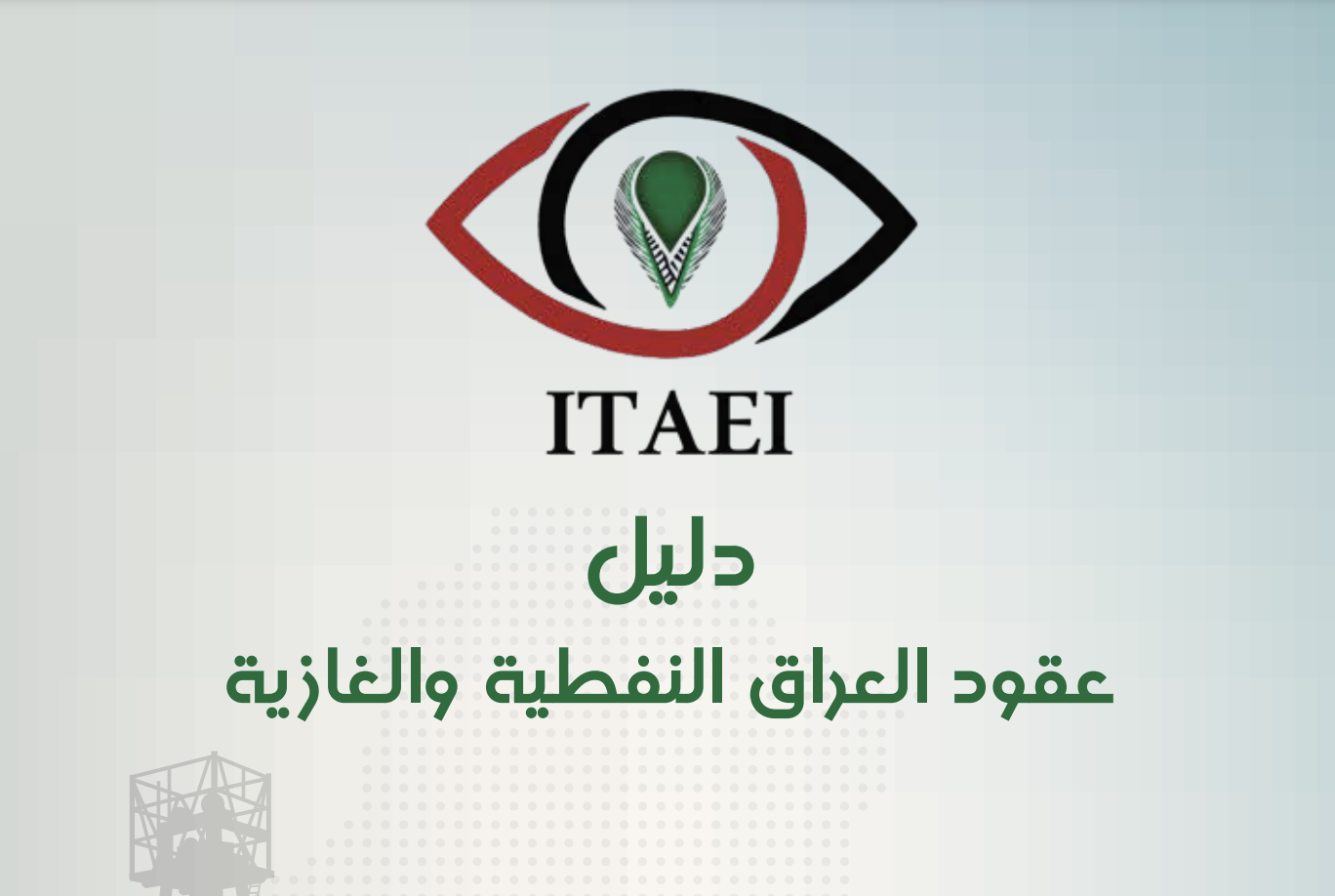With the support of Publish What You Pay (PWYP), the Iraqi Alliance for Transparency in Extractive Industries (IATEI) has developed a guidebook on Iraqi oil and gas contracts signed by Iraq with foreign companies over five licensing rounds since 2009.
The significance of these contracts lay in the fact that they govern the rights and obligations of all the parties (the Iraqi Government and the foreign companies), particularly in terms of the protection of the environment, social contributions and the rights of Iraqi workers. The Iraqi Government has published the model contract it signed with foreign licensing round companies, but refrained from publishing the actual signed contracts, claiming that they include certain information that may affect the negotiating position of the signatory companies with other States.
A team was created to develop this guidebook, including experts who played a crucial part in drafting these contracts back when they held key positions in the Iraqi Ministry of Oil and are now out of office due to retirement. Thanks to the efforts of the IATEI and its friends, the team, who was in possession of the signed licensing round contracts, was able to develop the guidebook based on accurate data, and to simplify and communicate the technical information in layman’s terms, making the guidebook useful to all readers, including non-experts.
The guidebook comprises four chapters, the first chapter of which offers a brief history of oil in Iraq, and explains the types of oil contracts, the reasons why Iraq opted for service contracts, and the reasons for contracting through licensing rounds. The second chapter illuminates the legal, technical, financial, economic and environmental aspects of licensing round contracts. The third chapter touches on the advantages and disadvantages that accompanied licensing round contracts, the problems of the accounting treatments of these contracts, and the amounts paid to the licensing round companies up to 2021. The fourth chapter provides definitions, sources and a look at the members of the team of experts who contributed to creating the guidebook.
The guidebook is a useful tool for interested civil activists, media professionals, members of Parliament, researchers, federal and local government officials, and even non-Iraqi readers interested in learning the vocabulary and concepts of oil-sector contracting.
The IATEI printed and distributed the guidebook in Iraq, and it is publicly available in PDF format online.
Recommendations of the Iraqi Oil and Gas Contracts Guidebook:
- Although the model contracts have been published, while the signed contracts have not been published but are widely circulated among experts, we nevertheless recommend that the Iraqi Government, represented by the federal Ministry of Oil, publish and make available all signed contracts to researches, media professionals and interested parties, given their importance and for promoting transparency in the extractive sector.
- According to the 2019 EITI Standard, publishing contracts signed as of the 1st of January 2020 is now mandatory. However, in Iraq, most contracts were signed prior to this date. Given that such contracts extend over a long period of time (more than 15 years into the future), we recommend that the Iraqi Government apply to contracts signed pre-2020 the same standard as those signed from 2020 onward.
- There are other key contracts – the subcontracts signed by the foreign oil companies with third parties. Although we did not focus on such contracts, we nonetheless assert their importance and the need to have them published, especially that they involve large sums of money and could be exploited by many actors who seek illegitimate interests. We therefore recommend that the Iraqi Government and the foreign oil companies necessarily publish such contracts along with disclosing these companies’ beneficial ownership, in order to promote transparency in and prevent any unlawful gains from the EI sector.











